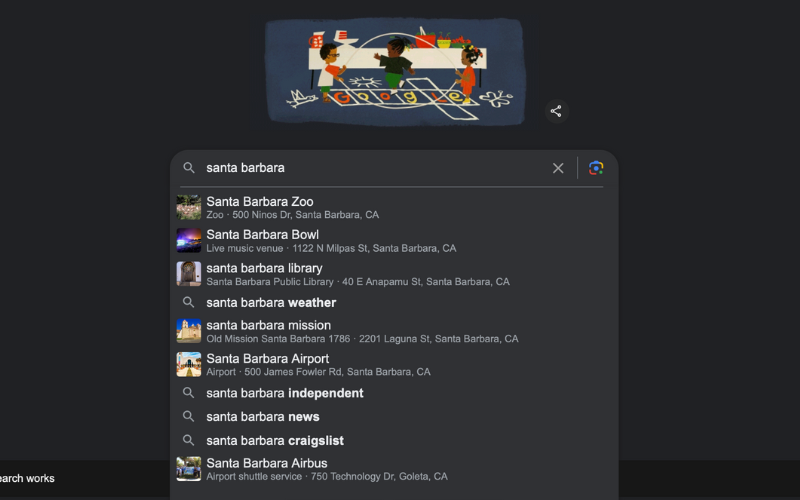Businesses have put extra focus on creating quality SEO content. SEO stands for Search Engine Optimization, and it is one way to drive traffic to your website as a business. For hostels, SEO practices can be an immensely beneficial tool for building brand awareness and continuing to expand your reach.
The Best SEO Practices for Your Hostel’s Content
Step One: Go with what is relevant
Before beginning to write an article for your hostel’s website, it’s important to think about what is relevant. While evergreen content is an important pillar for your website, you should think about what people are searching for on Google today. Put yourself in their shoes, and imagine that you are the one planning a trip to a new city. Travelers coming to your hostel are going to be looking for ways to maximize their time outside of the hostel, which means crafting recommendations based on what is going on around you.
A good place to start SEO practices is with the brainstorming process is by thinking about what time of year it is; in the summer, people will be looking for recommendations on outdoor activities or events. From there, it can become easier to think of suggestions. This is especially true if you are in a big city where festivals and concerts regularly occur, or if you are located near a body of water and know that people will be looking for the best beaches or surf spots.
Step Two: Come up with Great Keywords
Brainstorming strong keywords is a great place to start when you begin SEO practices for your hostel’s website.
We recommend building a long list of potential keywords and then narrowing your list down. Try to come up with 10 strong keywords to start. Thinking of keywords can seem overwhelming or challenging. One way to maximize your time when brainstorming keywords is to use tools like Google, Ubersuggest, or Answer The Public. The latter two websites are search engines tailored specifically to generating strong keywords, with SEO squarely in mind. Google, for as wide as it reaches, can also be used to quickly narrow down keywords.
We recommend typing into Google the city or town where your hostel is located, and then seeing what pops up for the top searches. For instance, in the photo below, we typed in the city of Santa Barbara. The top few search suggestions show that people are looking for information on the Santa Barbara Bowl, and the Santa Barbara Zoo. If we were looking to write an article for our hostel in Santa Barbara, we might focus on featuring the Santa Barbara Zoo. That piece could be an informative guide on the zoo, its price of admission, hours of operation, and how to get there from our hostel. Think of the questions that people will want answered through their searches, and use them as headliners in your article.
Step Three: Enlist Social Media
Believe it or not, scrolling social media can be useful in building relevant content for your hostel’s website. Every day, people are creating videos. Many content creators have geared their channels around what to do or how to spend a day in a certain city. TikTok, especially, is a place where creators tailor their content to their audience with specific suggestions or recommendations in a popular place. If you search TikTok for recommendations in San Diego, odds are you’ll come across a handful of different channels featuring suggestions. Cross-referencing different sources is a great approach to creating an original list of ideas in your article. This way you are not simply copying and pasting someone else’s content.
You can then highlight top suggestions or recommendations for things to do in your city and use them as your headline. By using social media as a resource, you can tap into what people are looking for by comparing videos to see which ones are doing well and which ones are not. This helps eliminate some of the guesswork behind creating material that is relevant or popular.
Step Four: Think About How People Search
Voice searches have become more and more popular. Travelers might find themselves behind the wheel of a car or too busy to type out the entire question. Voice searches on Google act just like a normal search, and by considering this, you can gain leverage when developing good content. First, think about how someone would ask a question, and then consider what would be the best way to have that question answered through your article. Most people won’t take the time to write out a full question, so it can be beneficial to strip down your search by focusing on keywords like how, where, which, and also words like top. People looking for recommendations will often use these to drive their searches, so it is good to consider the best ways to phrase your keywords while keeping this in mind.
 Step Five: Write Compelling Content
Step Five: Write Compelling Content
It’s one thing to come up with a strong headline that grabs the attention of your reader. It’s another thing to keep them not only scrolling but also coming back to your website for more. If your article does not resonate with them or reads like it was written by a robot, you will have a hard time building loyalty or establishing a rapport with your audience. Writing content that is both fun and informative can be an artful balance, but this is one way to separate yourself from the pack. Make your content easy reading but don’t skip out on important details that will make life easier for your audience when they’re visiting the city where your hostel is located.
You should aim to incorporate your top keywords in the first 100 words of your introduction paragraph. This helps drive home the point that you are trying to make, and it also helps satisfy the SEO checklist. While writing an article, it is also important to think of ways to include other websites. This is called backlinking, and backlinking can be the key to boosting your rankings. By finding 2-4 relevant internal links to include in your article, you can help drive more traffic by connecting your article to another one like it. The more you publish, and create quality content, the more likely it is that another writer will eventually use your article in their own piece.
Step Six: Ensure Accuracy
It’s easy to get swept up in creating content, especially if you are writing about something cool that you found on social media or through a search engine such as ChatGPT. However, things change fast, and there’s a chance the activity that you are looking to suggest in your article has already occurred or the establishment you are looking to suggest has closed. This happens more than you think, so it is best to do your homework on a certain topic before getting into writing an article about it. You’ll not only save yourself time, but you will also ensure that your content is accurate. This means maintaining credibility as a business and building trust with your audience.
 Step Seven: Satisfy the SEO Checklist
Step Seven: Satisfy the SEO Checklist
Aside from coming up with good keywords, this can be the most difficult part of creating quality SEO content for your hostel’s website. To satisfy the SEO checklist that is built into servers like WordPress, you will need to hit several checkmarks. From satisfying grammar and syntax requirements to ensuring that you include your top keywords and key phrases, the SEO checklist will be your best guide for creating quality content for your hostel’s website. Without doing this, your article can get pushed down Google’s search engine and you can get lost in the shuffle.
Perfecting the art of SEO writing takes time, but it is worth taking the time to master. Creating strong SEO content will help you separate yourself as a hostel and enhance your brand awareness as you expand your reach.




